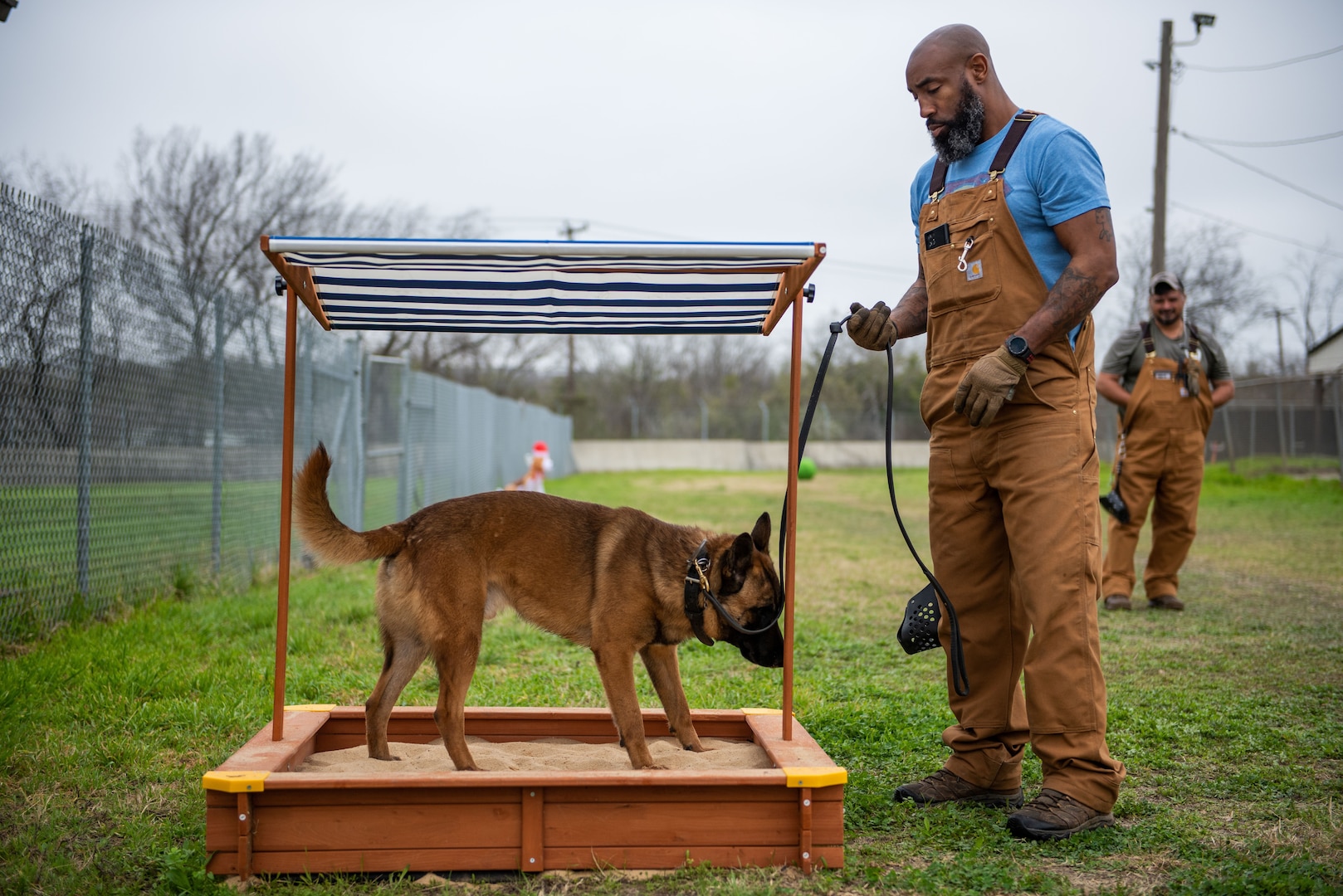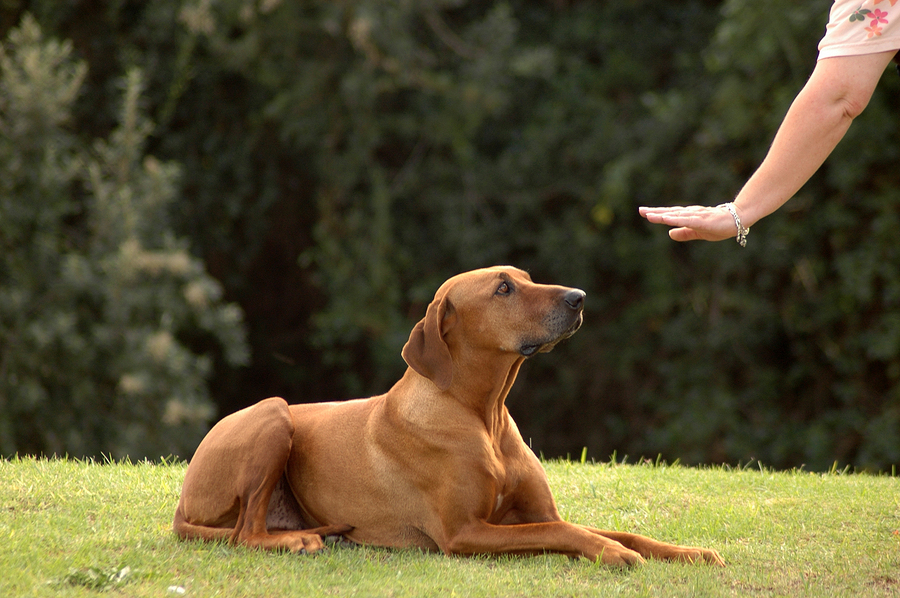Dog Training For Dogs: Proven Techniques to Curb Unwanted Habits
Dog Training For Dogs: Proven Techniques to Curb Unwanted Habits
Blog Article
Top Pet Dog Training Methods for every single Phase of Your Canine's Life
Reliable pet dog training is crucial at every phase of a canine's life, as each stage presents special difficulties and possibilities for growth. It is crucial to identify that training should progress alongside a pet dog's development, making certain that methods remain pertinent and reliable.
Pup Educating Essentials
Puppy training fundamentals lay the foundation for a well-behaved adult pet and entail a number of key components that should not be ignored. The first stage of training concentrates on establishing a solid bond between the pup and its owner, which is critical for effective interaction. Socializing is vital; exposing puppies to numerous atmospheres, people, and other animals aids them develop self-confidence and adaptability, minimizing the chance of behavioral issues later on in life.
Fundamental commands, such as sit, stay, and come, develop the foundation of obedience training. Utilizing favorable reinforcement methods, such as treats and appreciation, motivates desired behaviors and promotes a favorable discovering experience. Uniformity in commands and training sessions is vital, as young puppies prosper on routine and framework.
In addition, home training is an important facet of puppy training. Developing a regular timetable for restroom breaks and using marked areas can help minimize crashes and advertise great behaviors. On the whole, a well-rounded strategy to puppy training, incorporating socialization, obedience, and house training, establishes the stage for a well-adjusted grown-up pet, ensuring an unified partnership between the animal and its owner.
Adolescent Habits Administration
As young puppies grow right into teens, their habits can alter dramatically, usually presenting new difficulties for proprietors. This developmental stage, commonly occurring between 6 months and 2 years, is noted by heightened power levels, curiosity, and an expanding feeling of independence. Understanding these modifications is vital for efficient actions monitoring.
Teenagers might exhibit rebellious tendencies, such as disregarding commands they formerly understood or involving in damaging habits. Uniformity in training remains extremely important; reinforcing discovered behaviors through favorable support can assist combat these challenges. Short, appealing training sessions are vital to keep their passion and focus.

Furthermore, developing a structured routine can significantly improve a teen canine's sense of safety and security. Routine workout is crucial to transport their energy positively, minimizing the probability of unfavorable actions. By using these approaches, owners can properly browse the intricacies of teenage behavior, cultivating a well-adjusted, pleased canine companion.
Adult Pet Dog Obedience Techniques

Favorable reinforcement continues to be a key technique; gratifying good habits with treats, praise, or play urges conformity. Consistency is crucial; the same commands and incentives must be used by all relative to stay clear of confusion.
Incorporating find here training right into day-to-day routines can additionally be reliable. For example, practice commands during strolls or dish times, allowing training to mix perfectly into daily life. Taking part in structured tasks, like agility programs or obedience classes, can better enhance a canine's abilities while offering valuable socializing possibilities.
It is very important to identify that grown-up dogs might additionally display stubbornness or complacency. Readjusting training techniques to maintain their interest, such as differing benefits or presenting new commands, can help suffer motivation. In general, a recurring commitment to obedience training will certainly cultivate a well-behaved and well balanced adult pet dog.
Elderly Canine Adaptation Strategies
Recognizing the unique demands of elderly pet dogs is important for ensuring their comfort and wellness. As pet dogs age, they may experience a decline in flexibility, vision, and cognitive function, demanding tailored adaptation techniques.
First, consider customizing the living setting. Ensure that the home is secure and available; get rid of challenges and supply non-slip surface areas to stop falls. In addition, think about making use of actions or ramps to aid them access their preferred areas.
Second of all, workout ought to be changed to account for decreased endurance and joint health and wellness (Dog Training For Dogs). Involve in much shorter, extra regular walks, and integrate mild activities like swimming, which can be beneficial for arthritic joints
Furthermore, psychological stimulation remains crucial. Use easy puzzle toys or take part in scent work to maintain their minds sharp, while staying clear of frustrating jobs that may frustrate them.
Lastly, routine vet check-ups are important to monitor health and wellness adjustments and adjust treatment routines accordingly. By carrying out these adjustment approaches, you can enhance Check Out Your URL the lifestyle for your senior pet, guaranteeing they age beautifully and comfortably.
Lifelong Knowing and Enrichment
While pet dogs of any ages take advantage of finding out and mental excitement, long-lasting enrichment is specifically essential for preserving cognitive health and wellness and psychological wellness in both elderly and more youthful canines. Involving activities not just improve a dog's lifestyle but likewise reinforce the bond between the pet dog and its owner.
Enrichment can take different try this website types, consisting of interactive playthings, problem feeders, and aroma job, which stimulate a canine's senses and urge analytic. Normal training sessions, including brand-new commands or methods, maintains their minds sharp and advertises a feeling of achievement. Socializing with various other pet dogs and people is just as crucial, as it assists prevent behavioral problems and fosters versatility.
Moreover, incorporating physical workout into a pet dog's regimen is necessary for total health and wellness. Activities like dexterity training, bring, or long walks provide both mental and physical stimulation, making certain pets remain delighted and involved.
Last but not least, take into consideration varying the environment by presenting brand-new locations for playdates or strolls. This modification can reignite a pet's inquisitiveness and excitement for exploration. Lifelong discovering and enrichment not just add to a fulfilling life yet additionally advertise an unified connection with your canine companion.
Conclusion
Effective pet training methods progress throughout a dog's life, addressing the distinct requirements of each developmental stage. Stressing routine mental stimulation, socialization, and physical workout cultivates a balanced and fulfilling life for pet dogs.
Reliable canine training is vital at every stage of a pet dog's life, as each stage provides unique difficulties and opportunities for growth.Puppy training basics lay the foundation for a well-behaved grown-up pet and entail several crucial components that must not be overlooked. On the whole, a well-rounded approach to puppy training, integrating socializing, obedience, and residence training, establishes the phase for a well-adjusted grown-up canine, making sure an unified connection between the pet and its proprietor.
Several pet owners might find that adult pet dogs, while generally more secure in actions than their teen counterparts, still need constant training to maintain obedience and good manners.Reliable canine training techniques evolve throughout a pet's life, resolving the distinct needs of each developmental stage.
Report this page